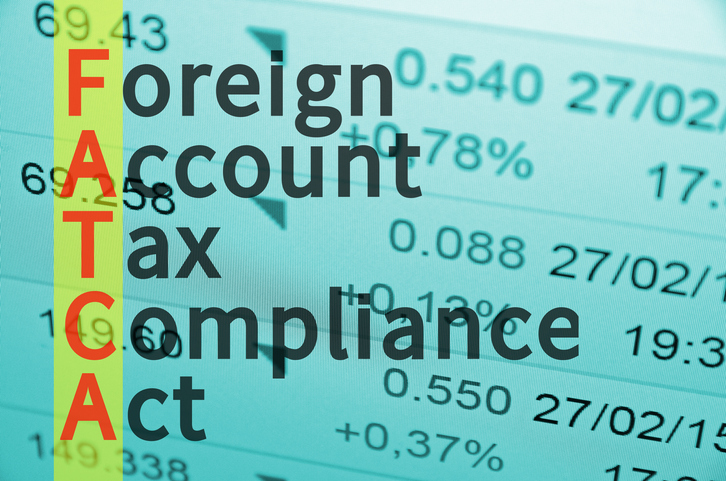What are your FBAR requirements if you are listed on an offshore account or investment? The penalties associated with non-compliance with the reporting of offshore accounts, assets and income to the IRS continue to escalate. Many US taxpayers including resident foreign nationals are not aware there are FBAR requirements if you are listed on an offshore account and not just the “beneficial owner.”
The penalties associated with the failure to report any foreign bank or investment accounts whose balance exceeds $10,000 combined at any point in the year are $10,000 per account per year – even if the omission was non-willful in nature. If you fail to file the FinCen From 114 – commonly referred to as an FBAR – or omit an account or accounts where you are simply listed on the account you may face more aggressive penalties than if you were attempting to actually evade taxes.
This is not just a matter of signatory authority on the account, it may include those who simply have a beneficial interest but whose names are listed on the account itself. For example, if you are listed on an offshore account that belongs to your mother or father you should list that account on your FBAR and offshore related forms. You may not have a beneficial ownership interest in the account, but if you have signatory authority list it on your FBAR. If you do have a beneficial ownership interest in the account you must not only report it on your FBAR but report any interest income as you would any other form of W-2 or 1099 income.
Foreign banks may or may not generate a 1099, and you may feel there is no way for the IRS to find out. Others may think “well, there was only a few hundred dollars of interest earned in our account, and that is split between us as siblings – I don’t need to report this.” On the contrary, the complications of non-reporting are too high to risk. If this example related to a single account, and that account was not listed on an FBAR, you would face an immediate penalty of $10,000 for that one account, willful or not.
The risks are simply too great. There are IRS FBAR requirements if you are listed on an offshore account who is a US taxpayer. If you have offshore bank or investment accounts you need to prepare and file an FBAR. If you have not filed an FBAR in past years come into compliance – even if you do not owe any taxes. If you have questions regarding offshore account reporting, taxes and FBAR we invite you to learn more about the integrated tax, legal, accounting and business consulting services of Allen Barron and contact us or call today to schedule a free consultation at 866-631-3470.





